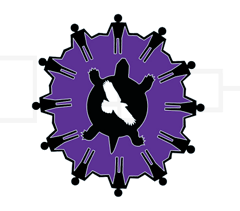Abstract
Native tribes and peoples are the subject of significant public scrutiny and judgement. Not only are many political interests aligned against Natives, but the presence of racial stereotypes and active discrimination have created difficult conditions in which American Indians are often invalidated as a people or polity through the retraction of their “authenticity” as an Indian, as perceived by outsiders. The process by which Natives are made “inauthentic” has been explored extensively in narrative and qualitative-based research. However, studies using experimental methods to determine the presence of underlying factors, such as racial bias or stereotypes, are scarce. To fill this void in research we tested how stereotypes might work against Native peoples and tribes, using a randomized survey experiment. We created a fictitious news story about a tribe and altered the description of the tribe in 14 different ways. These variations of the story were based on common depictions of Native peoples and tribes that either validated or defied common public expectations, such as portrayals of “poor” Indians versus “affluent” Indians. We then assessed readers’ attitudes about the tribe. This allowed us to better understand the link between depiction and attitudes about Native peoples and tribes. We found that participants easily invalidate Native peoples and tribes when descriptions of Native peoples fall outside of the narrow conceptions of Native identity found in settler societies.
Recommended Citation
Orr, Raymond; Sharratt, Katelyn; and Iqbal, Muhammad
(2022)
"Stereotypes And Judgments About American Indian Peoples: Results From An Experimental Study,"
Journal of Indigenous Research: Vol. 10:
Iss.
2022, Article 9.
Available at:
https://digitalcommons.usu.edu/kicjir/vol10/iss2022/9

